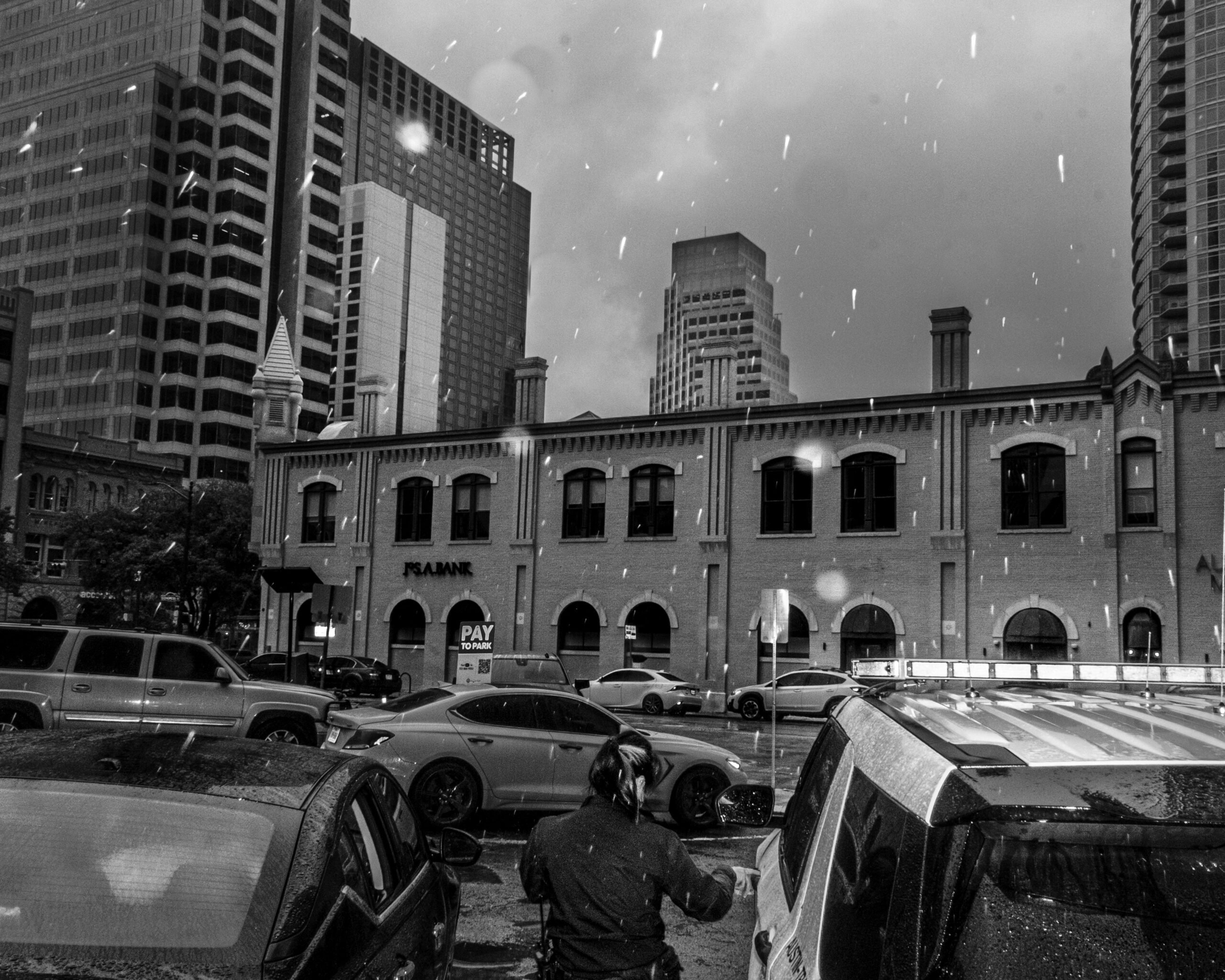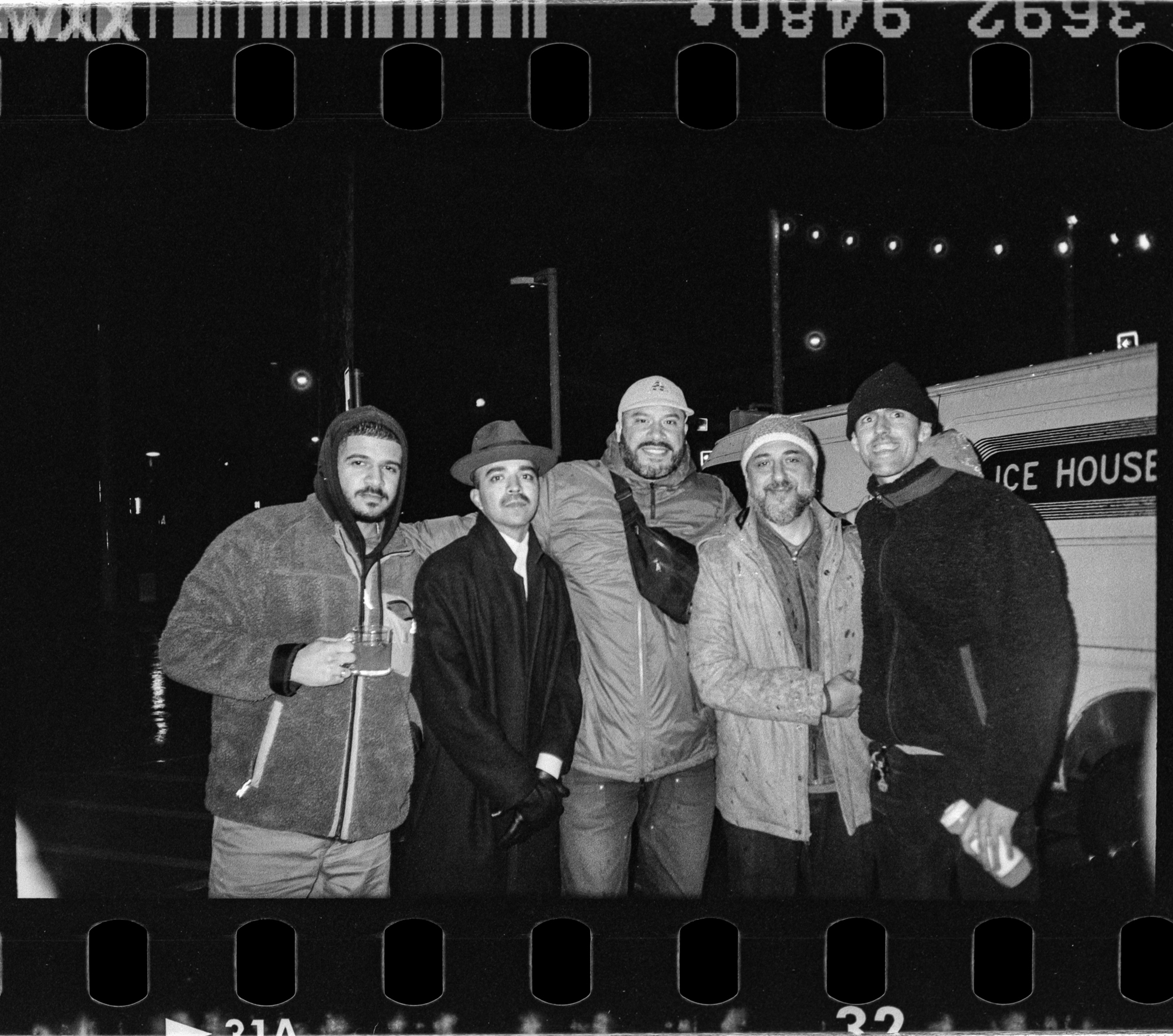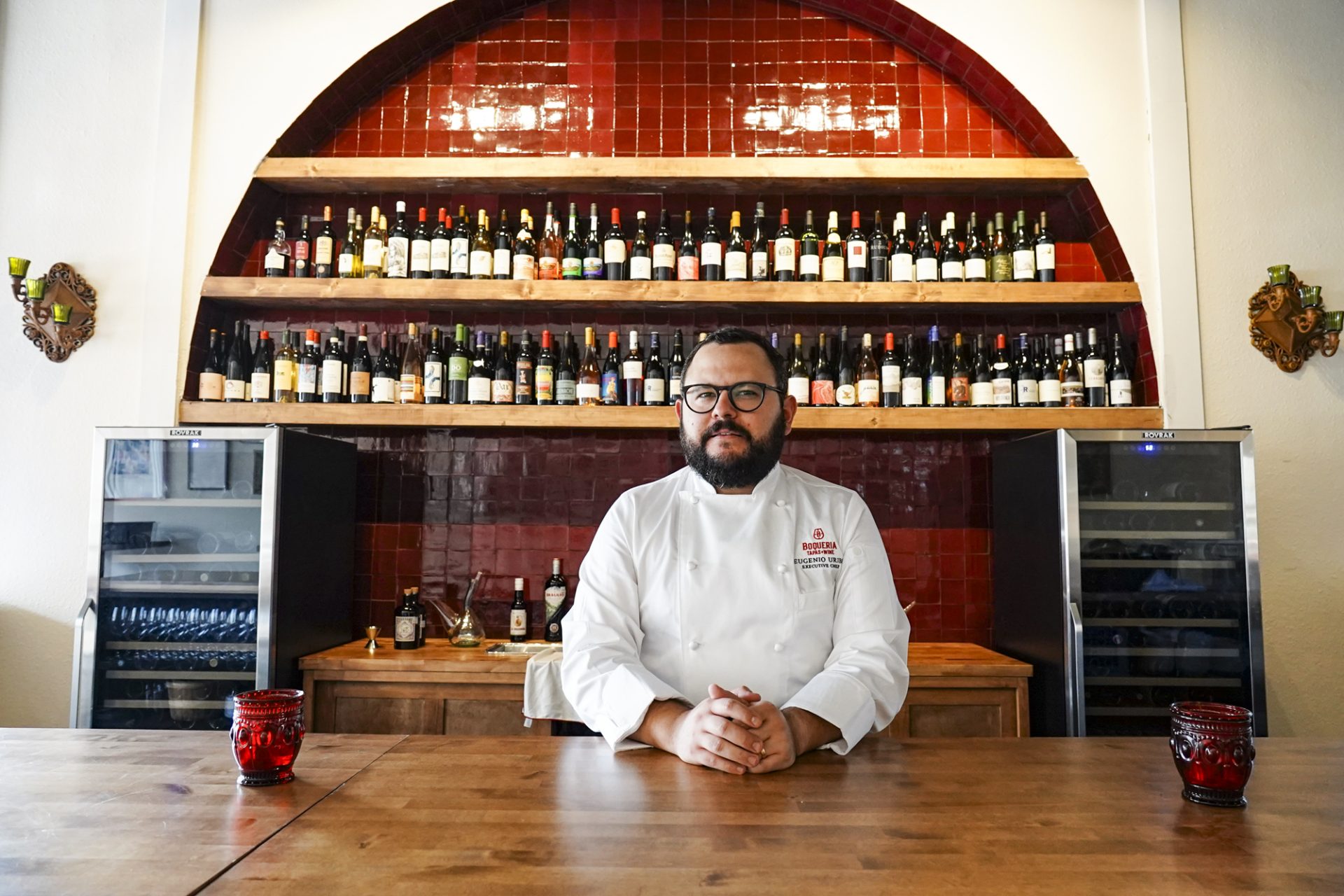We who were born in the 1930s are special, the “last ones” climbing out of a depression, remembering the winds of war and the war itself with male family members and relatives leaving us, government-issued ration books for everything from sugar to shoes and stoves. We saved foil and fat and saw cars up on blocks because tires were unavailable. We milked cows and placed 10-gallon milk cans by the road for pickup by the cheese factory in Stephenville.
After those years of sharecropping, we spent two years in Baytown with Dad testing airplane fuel while Mom worked in that government office. Dad had been a couple of years too old for the military draft, and I was only 7 at the time of the Pearl Harbor attack. We were of the last ones to hear Franklin Roosevelt’s “fireside chat” radio assurances and see gold stars in front windows of our grieving neighbors’ homes of deceased soldiers. We remember the drama of D-Day and the parades of V-J Day from the theater newsreels.
Some of “the boys” coming home from war built “cape-style” homes, pouring the cellar, tar-papering it over, and living there until they could afford the time and money to make it into a house. We never thought of them as homeless, for they were not. We spent our childhood without television while imagining what we heard on the radio (at age 6, I saw our first radio and refrigerator just as we stopped sharecrop farming for a rich man).
We played outside until dark while the kids in town played unsupervised, even under streetlights. They had no city playgrounds. There was no Little League. Without TV, but with parents busy with the war effort and keeping us cared for, our understanding of the real world was lacking. Our Saturday afternoons at the movies gave us newsreels of the war and the Holocaust sandwiched between westerns and cartoons. Hamburgers were a dime. Newspapers and magazines were written for adults. We were the last who had to find out for ourselves.
As we grew up, the country began exploding with growth. Our nearby Stephenville, Texas, town was short of enough jobs for the people, especially for those returning from war. They carpooled and worked in Fort Worth factories an hour or more away. Farm mechanization and electrification caused a great movement of work out of agriculture into the towns or cities. There was a boom in real estate as men returned from war. A housing boom resulted from VA loans being made available for veterans. Labor became so scarce in our area that Mexicans were brought to work on farms. Young veterans were either in college (on the G.I. Bill) or working in factories and businesses, and some injured were unable to work. All these increased road and highway expansions added to the labor shortage.
We enjoyed the luxury of feeling secure about our future. After two years in Baytown, we moved back to the country so we kids would be away from as much temptation as possible.
Mom quit working outside the home and taught my older sisters how to be homemakers while they finished school. When not fishing and hunting, I worked for neighbor farmers and ranchers. I kept the money for college. Depression and poverty were deep-rooted and unforgettable, keeping us thrifty even in a new world of plenty. Polio was still a crippler.
The Korean War was a dark passage in the early 1950s, and by mid-decade we school kids were taught to duck under desks for air raid training during the Cold War. I could not go to Korea because of a high school football injury. Russia built the “iron curtain” and China became “Red China.” Dwight Eisenhower sent the first advisers to Vietnam. Fidel Castro set up a camp in Cuba, and Nikita Khrushchev came to power in the Soviet Union.
We came of age in the ’40s and ’50s. The war over, and the Cold War, terrorism, global warming and perpetual economic insecurity had yet to haunt life with unease.
Only our generation, children of the greatest generation, can remember both a time of a great war and a time when our world was secure and full of bright promise and plenty. We are the last generation to experience an interlude when no threats to our homeland existed.
We grew up at the best possible time when the world was getting better. There were no Marxist agitators in universities, colleges and schools; we did not fear global warming, invasion from the south, drugs or terrorism from Islamists. Everybody knew that capitalism runs rings around any other -ism. There was no worry about racism or wokeism, and we never dreamed of the possible confusion that more than two genders might exist for some.
Being born in 1934 was great!
Jim N. Taylor lives in Harlingen.
The post Commentary: The last ones appeared first on MyRGV.com.
 (2).png)
 1 month ago
230
1 month ago
230








 English (US)
English (US)